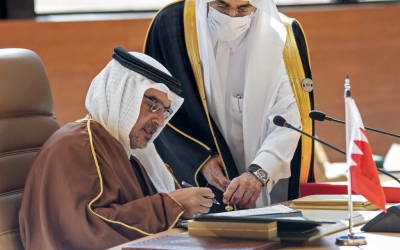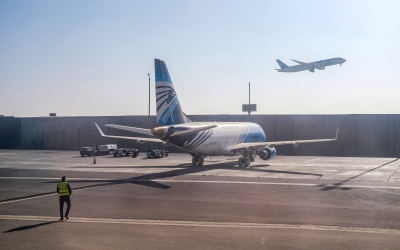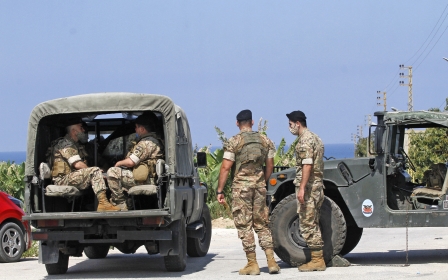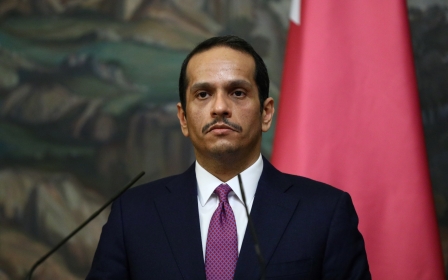Qatar says UN has given initial okay for control of its own airspace
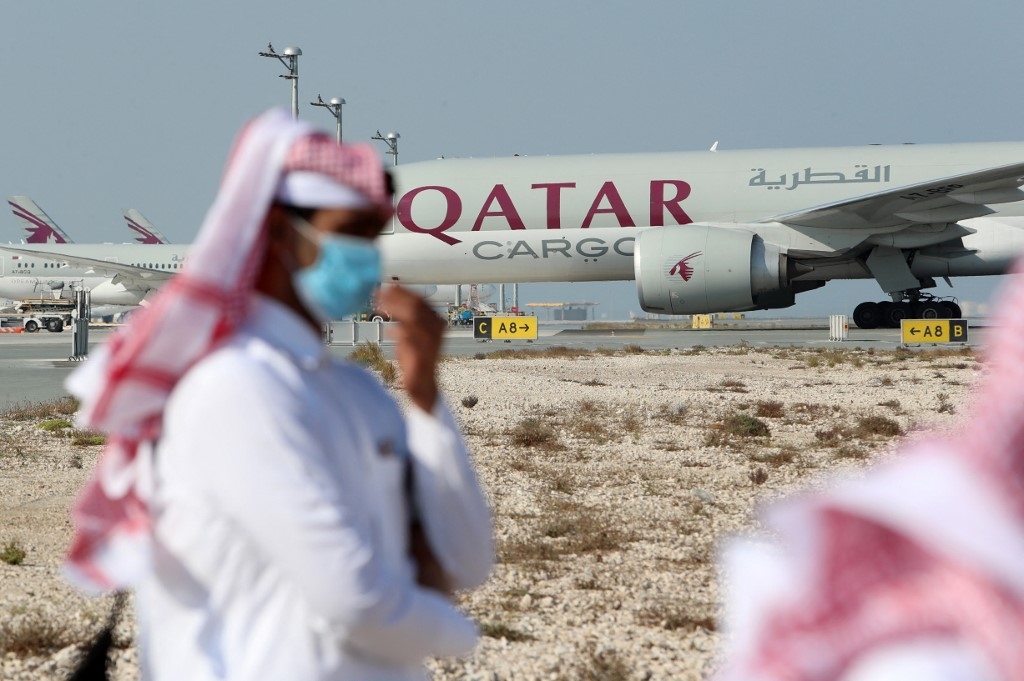
Qatar says it has been given a preliminary green light by a UN body on a proposal to control its own airspace, months after resolving a years-long rift with its Gulf neighbours.
The UN's International Civil Aviation Organization (ICAO) has given Qatar permission "in principle" to establish its own Flight Information Region (FIR) in its airspace, Doha's transport and communications ministry said in a statement on Tuesday.
The decision came in response to a request from Doha to withdraw from an agreement signed with Bahrain, a neighbouring Gulf state, under which it had delegated its air navigation services.
The ICAO "agreed, in principle… with the establishment of a Doha Flight Information Region (FIR) and Doha Search and Rescue Region (SRR)" at talks last month, the Qatari ministry said.
It would "include Qatar’s sovereign airspace and, to optimise safety and efficiency of the regional airspace, other contiguous airspace over the high seas", it added.
Qatar has also made clear "its intention to withdraw from the current arrangement whereby it has delegated to Bahrain the provision of air navigation services over its sovereign territory", the statement said.
"The proposal represents one of the sovereign rights of the State of Qatar and demonstrates the huge investments made by Qatar to develop its air navigation system," Transport Minister Jassim al-Sulaiti noted.
Gulf reconciliation
The move comes a few months after a landmark reconciliation between Qatar and other Gulf countries including Bahrain.
The regional bloc, led by Saudi Arabia, broke ties with Doha in 2017, accusing it of supporting "terrorism" - charges that it denied.
The neighbouring states imposed wide-ranging punitive measures, including banning Qatari planes from their airspace, closing Qatar’s only land border with Saudi Arabia and expelling Qatari citizens.
In December Qatar reported airspace violations by four Bahraini fighter jets to the United Nations Security Council and the Secretary General of the United Nations.
In a letter addressed to Security Council members and to the UN's Secretary General Antonio Guterres, Qatar’s ambassador to the UN said Bahraini military aircraft violated Qatar's airspace by flying over the country’s territorial waters on 9 December.
In July 2020, the International Court of Justice (ICJ) rejected an appeal by the blockading quartet against a decision by the world civil aviation body in favour of Qatar over sovereign airspace.
The ICAO initially ruled in 2018 that it had jurisdiction to handle a dispute brought by Qatar, which accused its neighbours of violating a convention that regulates the free passage of its passenger planes through foreign airspace.
Qatar, which is hosting the 2022 World Cup, has become a major player in the airline industry through Qatar Airways, which along with the Dubai-based Emirates is one of the largest airlines in the Middle East.
Middle East Eye propose une couverture et une analyse indépendantes et incomparables du Moyen-Orient, de l’Afrique du Nord et d’autres régions du monde. Pour en savoir plus sur la reprise de ce contenu et les frais qui s’appliquent, veuillez remplir ce formulaire [en anglais]. Pour en savoir plus sur MEE, cliquez ici [en anglais].


